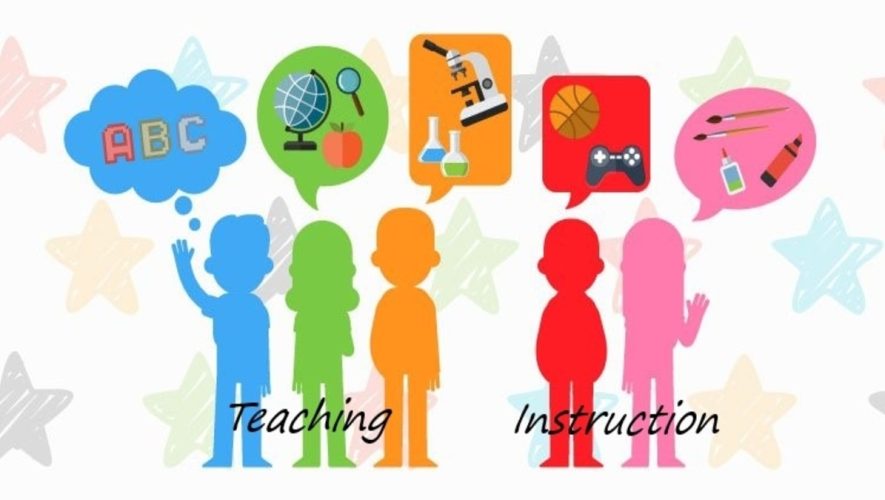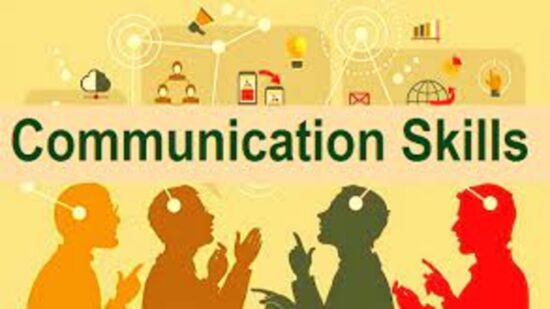Teaching and Instruction are being used interchangeably by many educators these days. Teachers are often called instructors supposing that their job is to instruct, to give knowledge or instructions. However, there is subtle difference between teaching and instruction.
Teaching
Teaching is more complex in nature. When we talk about teaching, we are dealing with different techniques, strategies, and approaches that will facilitate learning. Teachers have to come up with varied instructional materials and must use the right strategies in teaching their lessons.
Teaching is also a never ending process. By the time individuals start going to school to the time they graduate and start working, they’re involved in the teaching-learning process. They don’t only learn from teachers but also from those around them.
This makes teaching both formal and informal. It is formal when it occurs inside the classroom or informal when you learn things outside the portals of the school. For instance, you learn to read and write in school with the help of your teachers. On the other hand, your parents teach you informally about living life and correct values.
Instruction
When we talk about instruction, it’s not as complex as teaching. Instruction is simply giving direction. You instruct someone on what to do and how to do it. For instance, an equipment manual for furniture, toys, and model rocket kits etc. come with instructions; they instruct you how to assemble them.
In school you’re given instructions by your teachers on how to answer a test or how to perform an experiment. After which, you’re simply left to do your work on your own.
Instruction makes learners dependent on the teacher. You’re told what to do and oftentimes, there are steps you need to follow. Instructions must be understood and followed strictly in order to accomplish a particular task. Once you fail to do so, you won’t be able to finish the task correctly.
The name “instructor” is potentially fatal to a teacher’s teaching: it encourages data feeding into dull automata, rather than the stimulation of independent minds. Fundamental to the notion of “instruction” is the doctrine that students must believe what teachers say. Fundamental to teaching is that they should question and quarry and challenge it.
Difference between Teaching and Instruction
Strictly speaking, teaching and instruction are mutually exclusive. However, teaching and instruction go together especially in education. Both are needed in helping people learn and develop as individuals.
| Teaching | Instruction | |
| 1 | Teaching works for overall development. | Instruction works for skill development. |
| 2 | Teaching arouses critical thinking. | Instruction arouses functional thinking. |
| 3 | Teaching produces new product. | Instruction aims for producing carbon copy or photocopy. |
| 4 | Teaching is explaining how something is done. | Instruction is telling how something is done. |
| 5 | When you teach someone, you may transmit almost anything: concepts, ideas, theories or, say, history. | When you instruct someone, you’re giving him a set of tools or tasks to do something specific. |
| 6 | A teacher strews ideas to be subverted. | An instructor lays down rules to be obeyed. |
| 7 | Teaching provokes. | Instructions prescribes. |
| 8 | Teaching is liberation. | Instruction is regimentation. |
OTHER RELATED POSTS




Am very grateful for differentiation.
Thanks.
The differences in curriculum, instruction and teaching are the clarity of the three concepts in learning. Good for student teachers in colleges and universities.